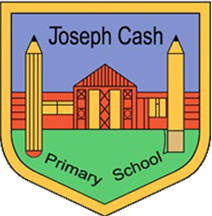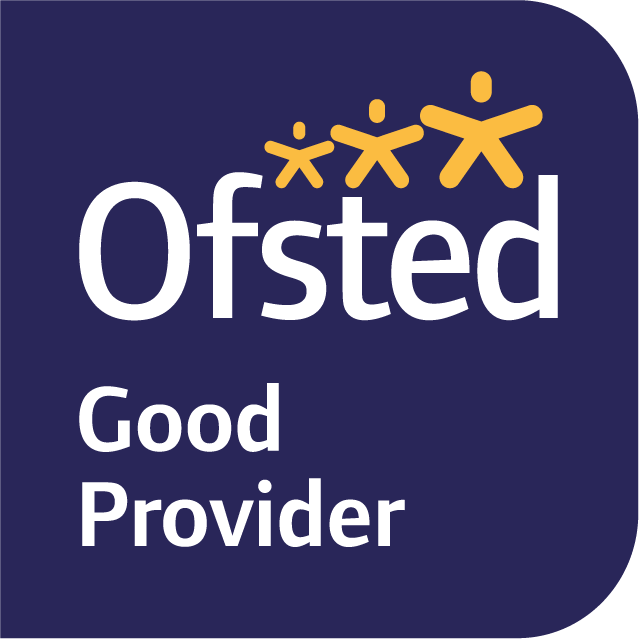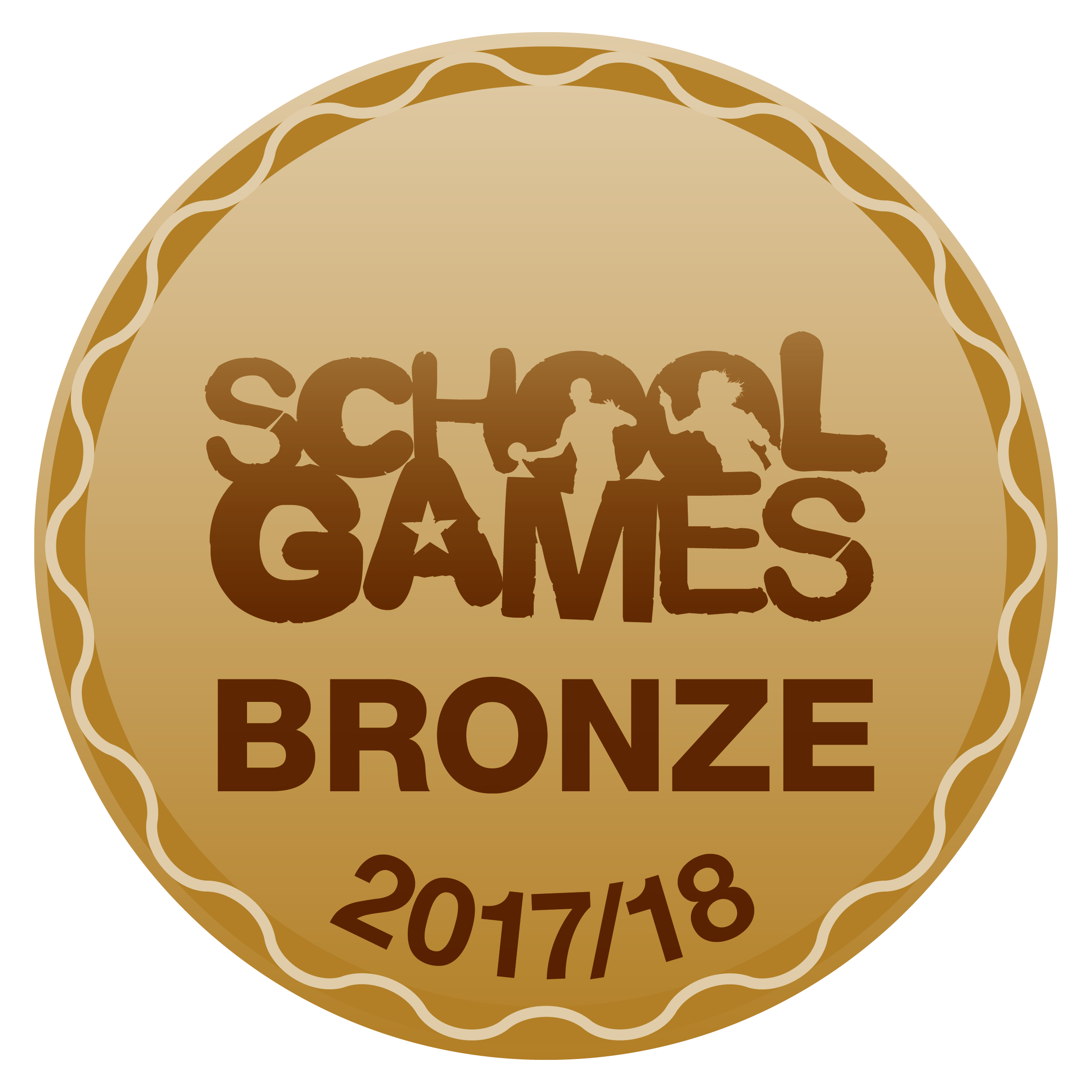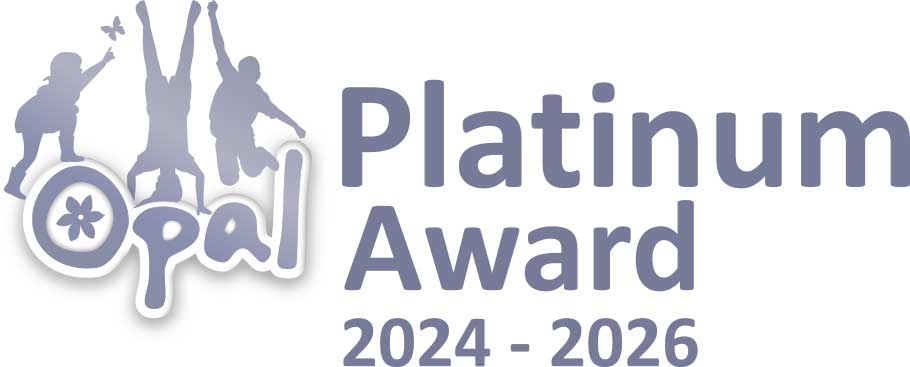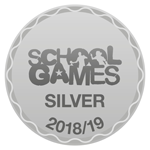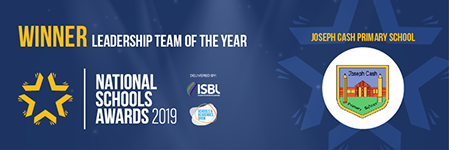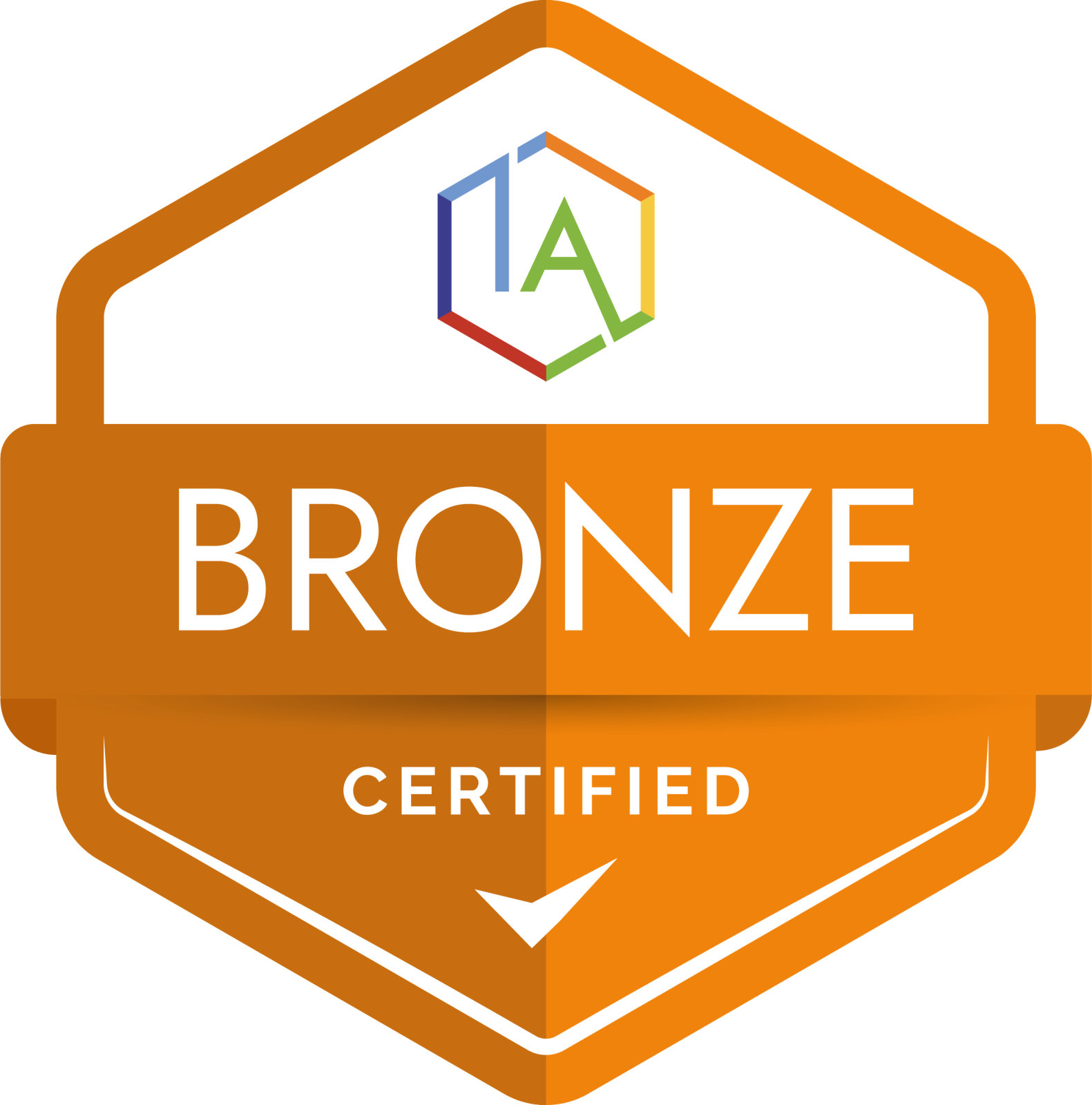MFL - Spanish
“To learn a language is to have one more window from which to look at the world.”
At Joseph Cash we are fortunate to have a wide range of languages spoken by the children here and this year we are excited to add to our rich culture by introducing our new modern foreign language; Spanish. The school had previously focused on French but after working closely with our local primary and secondary schools, we feel that Spanish would better prepare our children for transition after year 6.
Learning another language is a compulsory part of the Key Stage 2 curriculum and the requirement is that every child Years 3 - 6 has an entitlement to good foreign language teaching. At Joseph Cash we teach Spanish on a weekly basis. Research shows that language needs to be revised and recalled regularly to move it into the long term memory.
Learning another language is the best way to improve your own language, and Spanish at Joseph Cash reinforces grammar terminology that is also taught in English lessons.
At Joseph Cash, languages play a distinctive role in our childrens' education. Languages represent the cultural diversity of both our local community and the broader world that surrounds us. Our Spanish curriculum is tailored for Coventry children by a local school. Learning languages fosters mutual understanding, a global perspective, and personal growth. Through an exciting and well-structured learning journey, JCP students develop an appreciation for various countries, cultures, and communities. This comprehensive approach equips children with knowledge, skills, and a mindset to thrive both socially and academically, enabling them to contribute meaningfully to life at JCP, Coventry, and 21st Century Britain.
All Spanish sessions begin with the learning and application of phonic sounds.

Learning in Action
I love learning Spanish, it is really fun and learning the sounds and then the words has helped me to remember the pronunciation of the words better.
Topic Overview
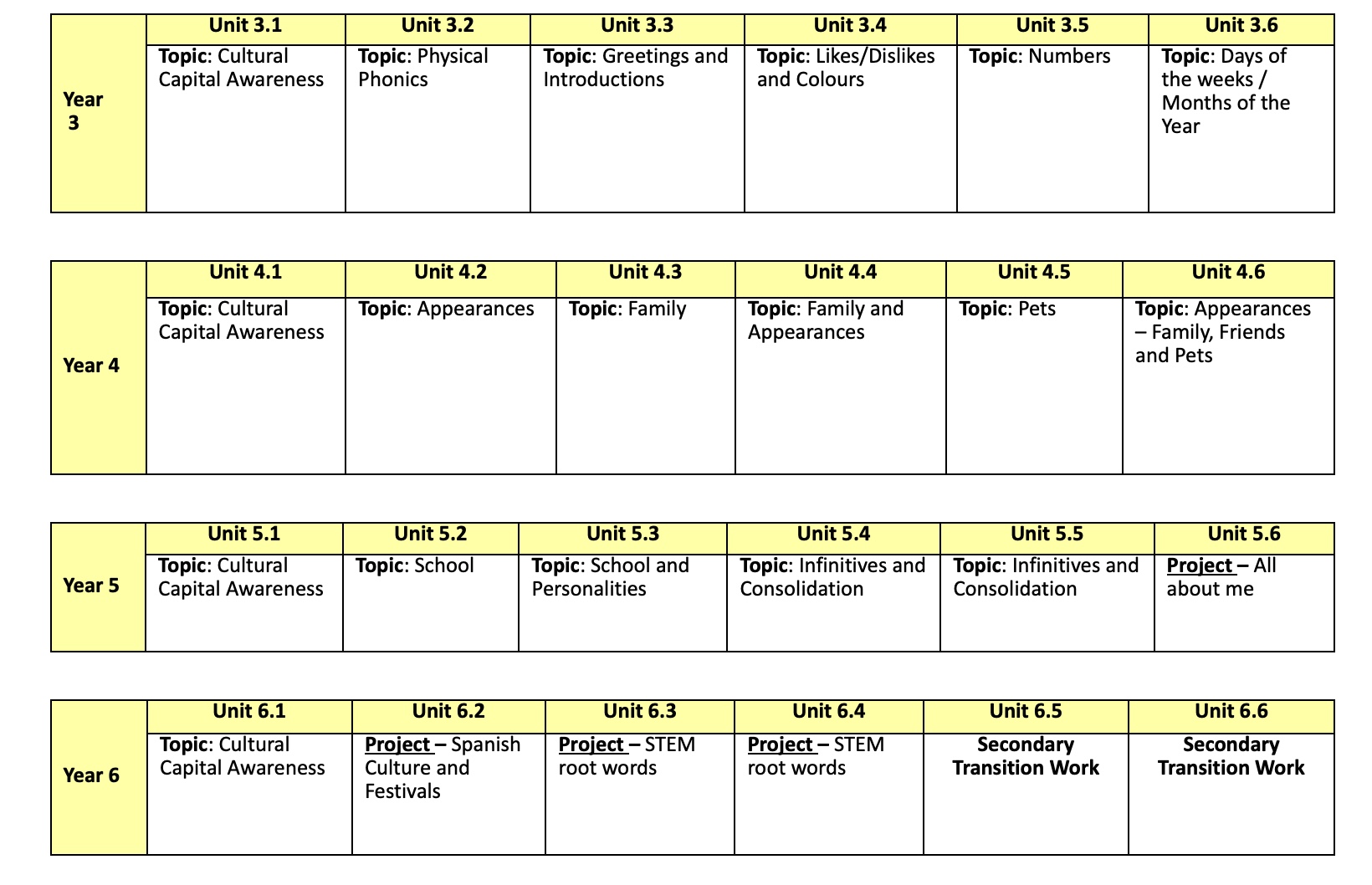
The Langauge Ladder
|
Knowledge, Skills and Understanding breakdown for Foreign Languages: Using the Languages Ladder |
|||||
|
|
|
Listening |
Speaking |
Reading |
Writing |
|
Early Stage |
Grade 1 |
-Do they understand a few familiar spoken words and phrases?
|
-Can they say and repeat single words in short and simple phrases?
|
-Can they recognise and read out a few familiar words and phrases?
|
-Can they write or copy simple words or symbols correctly?
|
|
Grade2 |
-Do they understand a range of familiar spoken phrases?
|
-Can they answer simple questions and give basic information?
|
-Can they understand and read out familiar written phrases?
|
-Can they write one or two short sentences to a model?
-Can they fill in the words on a simple form?
|
|
|
Grade3
|
-Do they understand the main points from a short spoken passage made up of familiar language?
|
-Can they ask and answer simple questions and talk about their interests?
|
-Can they understand the main points from a short written text in clear printed script?
|
-Can they write a few short sentences with support, using expressions which have already been learnt?
|
|
|
On completing the early stage |
Should be able to understand a basic range of everyday expressions relating to personal details and needs. May need to listen several times to get the information needed, depending how fast the speaker talks. Should have some understanding of a few simple grammatical structures and sentence patterns. Should be familiar with the sound system of the language. Should be aware how to address people both formally and informally as appropriate. |
Should be able to use basic range of everyday expression relating to personal details and needs. Pronunciation may not always be completely accurate but meaning will be clear. Should be able to understand and use a few simple grammatical structures and sentence patterns. Should be familiar with the sound system of the language. Should be aware of how to address people both formally and informally as appropriate. |
Should be able to understand a basic range of everyday expressions relating to personal details and needs. Should have some understanding of a few simple grammatical structures and sentence patterns. Should be familiar with the writing system of the language. Should be aware of how to address people both formally and informally as appropriate. |
Should be able to use a basic range of everyday expressions relating to personal details and needs. Spelling may not always be completely accurate but meaning will be clear. Should be able to understand and use a few simple grammatical structures and sentence patterns. Should be familiar with the writing system of the language. Should be aware of how to address people both formally and informally as appropriate. |
|
|
Prelim Stage
|
Grade 4
|
-Do they understand the main points and some of the detail from a spoken passage made up of familiar language in simple sentences?
|
-Can they take part in a simple conversation and express their own opinions?
|
-Can they understand the main points and some detail from short written texts in familiar contexts?
|
-Can they write a short text on a familiar topic, adapting language which they have already learned?
|
|
Grade 5
|
-Do they understand the main points and opinions in spoken passages made up of familiar material from various contexts?
|
-Can they give a short prepared talk, on a topic of their choice, including expressing their opinions?
|
-Can they understand the main points and opinions in written texts from various contexts?
|
-Can they write a short text on a range of familiar topic, using simple sentences?
|
|
Spanish Planning Overviews
MFL Overview Phonics overview grid Quizlet Guide KS2 Curriculum Map

